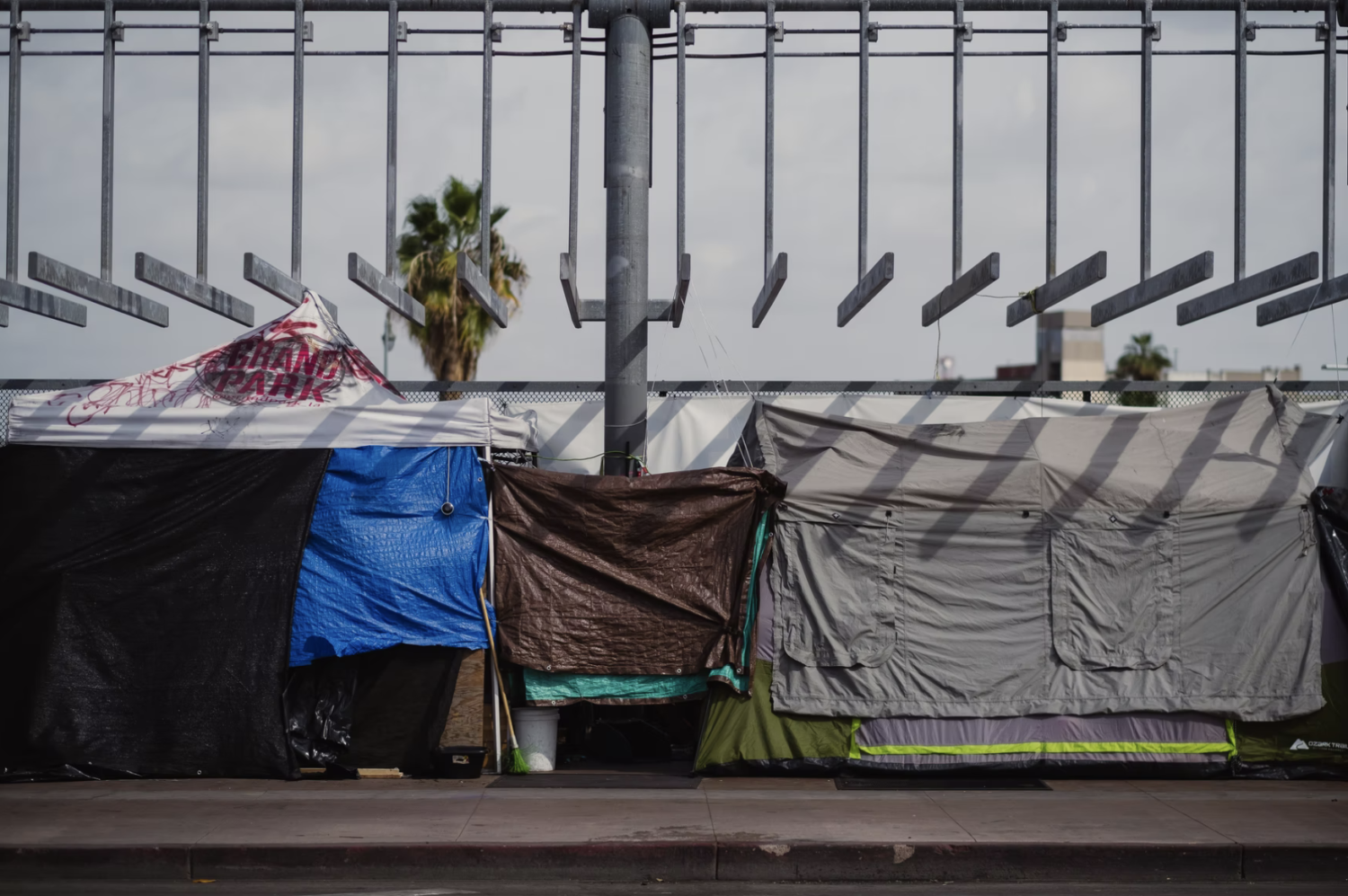Glancing inside my mailbox, I reached in to pull out an envelope with “The Arthur M. Blank Family Foundation” embossed across the front. I carefully opened it and saw what was inside: the $5,000 check that I had worked countless hours to obtain by writing numerous grants, crafting legal documents, and networking with executives. I was excited because this check would allow my charitable organization, Soul Supplies, to pack and deliver over 300 backpacks filled with essential supplies to people experiencing homelessness across downtown Atlanta.
I quickly posed with the check and uploaded the image to our social media to share the news that we had received our first grant from Arthur Blank, the billionaire businessman who co-founded Home Depot. I was incredibly grateful to him and his foundation for supporting my nonprofit’s mission to ease the burden of homelessness for the unhoused community, but I couldn’t escape the thought that this money could have gone somewhere better. Sure, distributing a pair of socks, non-perishable snacks, and a hygiene kit would be a tremendous help for many individuals experiencing homelessness, but it is only a band-aid to a much larger and deeper structural issue that can never be solved by a mere act of kindness.
Evaluating my role as a leader of a nonprofit has confronted me with the inefficiency of charities in solving structural issues, namely homelessness. We are able to supply people unhoused on the street with meals and backpacks, but we will never be able to truly address the myriad of societal issues — including systemic racism, affordable housing shortages, lack of government benefits, predatory capitalist practices, and policy failures — that led them there in the first place. Charities were never designed to be a permanent and proactive solution to poverty, only a reactive resource of aid to struggling individuals and families.
However, far too often, charities are treated as the latter. Conservative circles hail the myth that private charity can solve structural issues and should serve as a substitute for a stronger social safety net and increased government assistance.
This could not be further from the truth.
While charities and philanthropic foundations do play important roles in facilitating the delivery of resources and support to underprivileged communities, they are mistakenly viewed as an alternative to government aid in the form of welfare and anti-poverty programs. This attitude absolves the government of any responsibility to provide for its most vulnerable citizens and prevents the implementation of real systemic solutions to homelessness and economic inequality.
There are several reasons why charities fail to create structural change in regard to homelessness. First, charity can distract from permanent solutions. The time, effort, and funding that are funneled into charitable acts could be redirected to actual solutions spearheaded by the government, which has the resources to implement concrete change. The philanthropy of billionaires, known as “big philanthropy,” can also serve to divert public attention from the exploitative ways in which they amassed their wealth, often involving creating the problems they now seek to solve. For example, Mark Zuckerberg and his wife, Priscilla Chan, founded an initiative that has contributed millions of dollars in grants to support the housing crisis in Silicon Valley; however, the present crisis is in part a direct result of the rent increases and housing insecurity caused by the rise of Facebook and other tech firms in this area. When accounting for this reality, Zuckerberg’s apparent generosity reveals itself as only a status signal in his attempt to control the very issues he has induced.
Second, charity is frequently unreliable. Oftentimes, charitable organizations are inconsistent with their actions and spending, thus leaving those served uncertain of when they will receive help next. Along the same line, charitable donations may also be unreliable, as exemplified by the sharp decline in private charitable contributions during the Great Recession — arguably when people needed support the most. When the government relies on an inherently unreliable system of charity to support those struggling, it is not surprising that the most vulnerable communities are often forgotten and left without assistance.
Third, private charity is selective. Grants from foundations and philanthropists can be accompanied by strict rules that dictate how the donation is to be spent, which allows donors to target specific groups of people that they deem “deserving” of their support. However, this selectivity often prevents those who most need aid from receiving it. Indiana University’s Center for Philanthropy found that only a third of charitable giving actually goes to the poor, while large amounts of charity are instead directed toward the particular interests of the wealthy donors, such as political advocacy and college admissions. When combined together, each of these factors — distraction, unreliability, and selectivity — creates an unsustainable form of assistance that fails to meet the pressing and varied needs of the unhoused community.
This is not to say that there aren’t any real and practical solutions to homelessness, but rather that such solutions do not rely on charity. Only when we collectively acknowledge that charities were never designed to solve any social issue can we start to make progress by decreasing dependence on charitable organizations and renewing the push for government policy with the goal of structurally ending homelessness. From then onwards, we can start identifying permanent reforms — such as rapid re-housing, affordable and accessible healthcare, and subsidized employment programs — so that charities don’t have to bridge the gap between struggling communities and federal support. Ultimately, we need the government, not philanthropists and charities, to step up to end homelessness. It is time for a solution, not a band-aid.
Image by Levi Meir Clancy is licensed under the Unsplash License.



